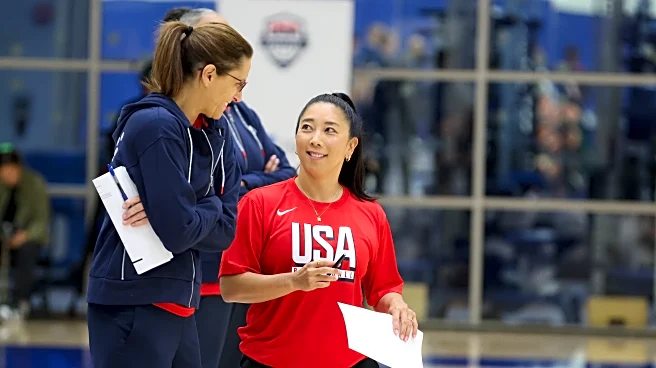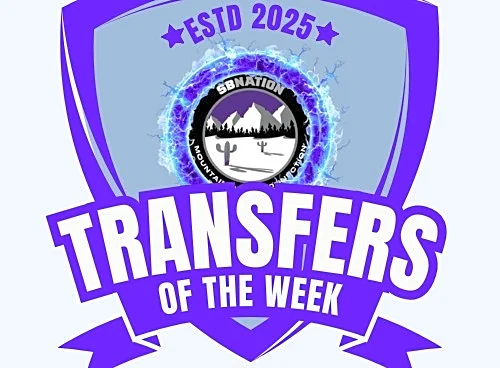What's Happening?
Recent whistle-blower complaints have surfaced, detailing internal tensions at the National Institutes of Health (N.I.H.) regarding vaccine policies under the Trump administration. Two former agency leaders, Dr. Jeanne Marrazzo and Dr. Kathleen Neuzil, have highlighted what they describe as a pervasive 'hostility' towards vaccines within the upper ranks of the N.I.H. This sentiment, they argue, has led to restrictions on vaccine access and constraints on federally funded research for future inoculations against infectious diseases. The complaints also mention the firing of Susan Monarez, the former director of the Centers for Disease Control and Prevention (C.D.C.), who reportedly clashed with Health Secretary Robert F. Kennedy Jr. over vaccine policy. Her dismissal has triggered an exodus of several C.D.C. officials, further intensifying the agency's internal strife.
Why It's Important?
The whistle-blower complaints underscore significant challenges in the U.S. public health sector, particularly in vaccine research and development. The alleged hostility towards vaccines could hinder scientific progress and the ability to respond swiftly to emerging infectious diseases. This situation may impact public health policy and the nation's preparedness for future health crises. The constraints on research funding could also affect the U.S.'s position as a global leader in medical research, potentially slowing advancements in vaccine technology and innovation. Stakeholders in the healthcare industry, including researchers and policymakers, may face increased pressure to address these issues and ensure continued progress in vaccine development.
What's Next?
The fallout from these whistle-blower complaints may lead to increased scrutiny of the Trump administration's vaccine policies and their impact on public health research. There could be calls for policy reforms to ensure that scientific research is not hindered by political agendas. The N.I.H. and C.D.C. may need to reassess their strategies to maintain their roles as leading institutions in vaccine research. Additionally, the scientific community and public health advocates may push for greater transparency and accountability in government health agencies to safeguard future research efforts.
Beyond the Headlines
The tension over vaccine policies at the N.I.H. highlights broader ethical and cultural issues within the U.S. healthcare system. The intersection of politics and science raises questions about the influence of political ideologies on public health decisions. This situation may prompt discussions on the need for safeguarding scientific integrity and ensuring that health policies are based on evidence rather than political considerations. The long-term implications could include shifts in how public health agencies operate and collaborate with government entities.











